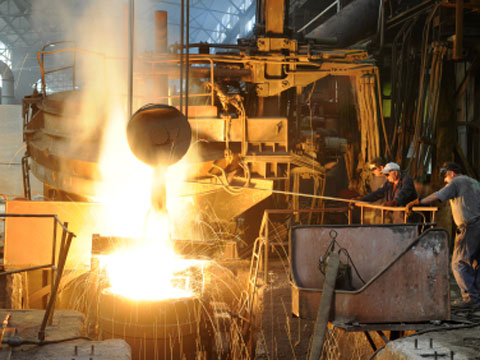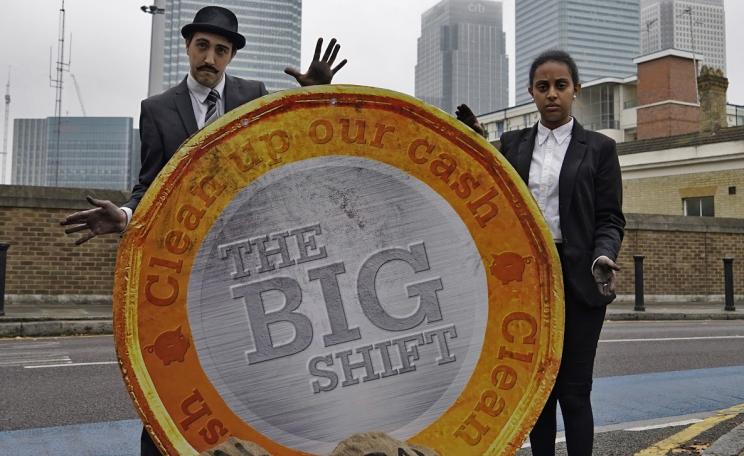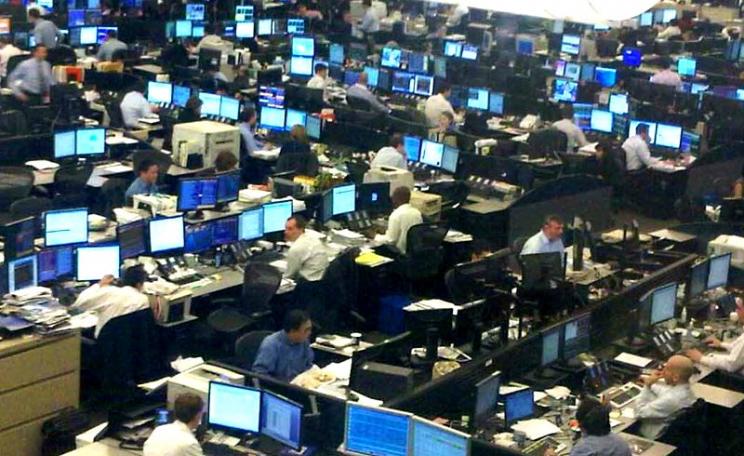RBS are alleged to be providing financial backing to companies who are making money out of destroying the refrigerant by-product gas HFC-23
British companies are taking part in a complex carbon credits trading scheme that has created a lucrative and inefficient market for the destruction of a potent greenhouse gas.
The Environmental Investigation Agency (EIA) has criticised Barclays Bank, Royal Bank of Scotland and British Gas of colluding with a number of Chinese and Indian chemical companies in financing the destruction of HFC-23.
HFC-23 is a greenhouse gas around 11,700 more potent than carbon dioxide and is produced as a by-product of the creation of the commonly used refrigerant gas HCFC-22.
Barclays and RBS are alleged to be providing financial backing to mainly Indian and Chinese chemical companies who are able to destroy the gas for as little as €0.17 per tonne of carbon dioxide-equivalent before selling emissions grants on the EU Emissions Trading Scheme (ETS) for as much as €12.
British Gas is accused of purchasing these emissions credits at inflated prices and passing the costs onto their customers.
EIA campaigner Fionnuala Walravens said HFC-23 should be removed from any trading schemes and dealt with separately.
‘These companies are paying a lot of money for these credits and what we are arguing is that in this specific case of HFC-23 that is very cheap to destroy, it doesn’t make any sense to have it in the carbon market.’
Both Barclays and Royal Bank of Scotland declined to comment on their involvement in HFC-23 credit trading. Centrica, the parent company of British Gas, said it had only ‘limited involvement’ in the projects.
The World Development Movement (WDM) said that despite their public silence on the issue, companies were known to be lobbying in favour of keeping the trading scheme.
'The rules should prevent this dodgy carbon trading from happening but it's corporate lobbying from banks that are very interested in the lucrative business of trading carbon credits and British and European industrial companies which have lobbied in order to be able to keep emitting while paying for these offsets,' said policy officer Tim Jones.
EIA say an amendment to remove HFC-23 from trading schemes was proposed at a recent summit but is likely to be opposed by India and China.
| READ MORE... | |
 |
COMMENT Climate deniers and Friends of the Earth are both wrong Denying the science of climate change is ill-informed, but then so is misreading a report to claim that the entire carbon market is flawed... |
 |
NEWS RBS labelled ‘dirtiest bank in Britain’ Pressure groups take Treasury to court for second time in a year over failure to assess the environmental and human rights impact of RBS |
 |
NEWS Industry threats to relocate over carbon targets exposed as 'misleading' Heavy industry has pleaded for special treatment since the European Emissions Trading System was set up, but a new report suggests their complaints were exaggerated |
 |
COMMENT EU carbon trading scheme has been 'an enormous success' The European Emissions Trading Scheme was always going to disappoint the NGOs who wanted a perfect climate solution, but simply bashing it ignores the progerss that can be made through small steps |
 |
NEWS EU exporting 'one-third' of CO2 emissions to poorer countries Study shows industrialised countries are 'outsourcing' carbon emissions to countries like China, one quarter of whose CO2 emissions are from exports |








